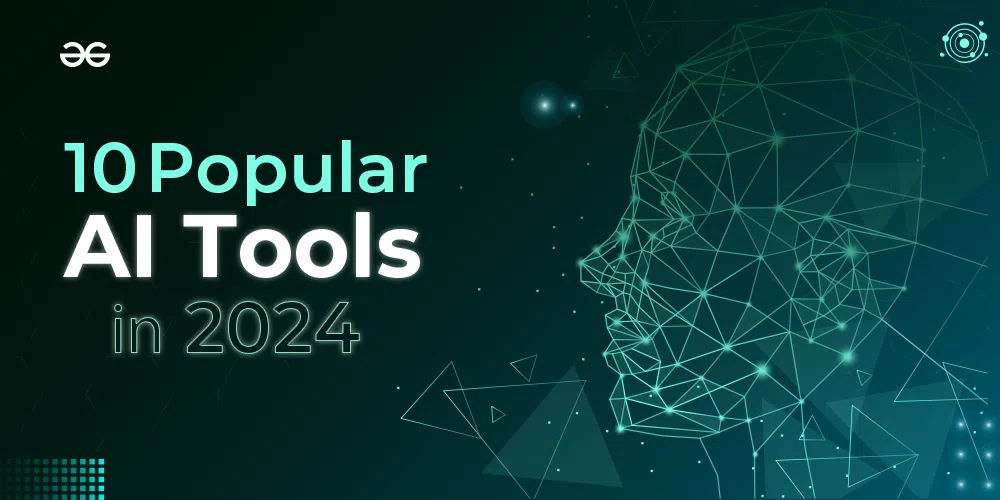Artificial Intelligence (AI) is revolutionizing the music industry, reshaping how we create, produce, and experience music. This transformation prompts critical discussions about machines’ capabilities in generating chart-topping hits and their implications for human creativity.
AI’s Role in Music Creation
AI’s integration into music has introduced innovative tools that assist artists in various aspects of composition and production. Platforms like Amper Music and AIVA enable users to generate music across diverse genres with minimal input. For instance, AIVA is renowned for creating background scores, while OpenAI’s Jukebox can produce complete songs with lyrics and vocals, emulating the styles of famous musicians.
Ethical Considerations and Industry Impact

The rise of AI in music has sparked ethical debates, particularly concerning copyright and the authenticity of artistry. Instances have emerged where individuals exploited AI to generate songs, leading to significant earnings without genuine artistic effort. Such cases highlight the need for clear guidelines to prevent misuse and ensure fair compensation for creators.
Moreover, AI’s ability to replicate the voices of legendary artists raises questions about consent and the preservation of artistic legacy. While some view this as a means to honor past talents, others express concerns over the ethical implications of using AI to recreate voices without explicit permission.
The Human Element in Music
Despite AI’s advancements, many industry professionals assert that the human touch remains irreplaceable in music creation. The emotional depth, personal experiences, and unique creativity that human artists bring to their work are elements that AI cannot fully replicate. Musicians and composers emphasize that AI should be a complementary tool, enhancing human creativity rather than replacing it.
Future Prospects
As AI technology continues to evolve, its role in the music industry is expected to expand. AI can assist in various facets, including beat generation, sound design, trend analysis, and creative collaboration, empowering producers to craft unique, chart-topping hits. However, the balance between technological assistance and human creativity will be crucial in shaping the future landscape of music.
Conclusion
AI’s emergence in the music industry presents both opportunities and challenges. While machines can aid in creating music and even emulate certain aspects of human artistry, the essence of music—its emotional resonance and creative expression—remains deeply rooted in human experience. The future of music will likely see a harmonious blend of AI capabilities and human creativity, leading to new and innovative musical expressions. Know more: https://www.wired.com/story/bbl-drizzy-foretold-the-future-of-ai-music/?utm_source=chatgpt.com












 By
By
 By
By








